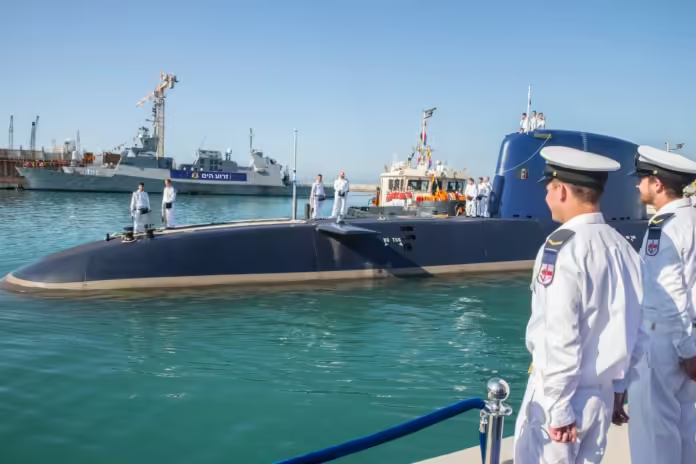Nigerian Navy and some civil society organisations (CSOs) have opposed the bill seeking to establish a coastguard.
The bill proposes creating Nigerian coastguard to protect maritime zones in the country.
If established, the coastguard will be domiciled in the Ministry of Marine and Blue Economy.
Chief of Naval staff, Emmanuel Ogalla represented by Chief of Training and Operations, Olusegun Ferreira voiced the force’s stance while speaking at a public hearing organised by senate committee on maritime transport on Thursday.
Ogalla said the bill attempts to duplicate the navy’s functions, adding that in the UK and US, coastguard is a department in the Navy.
He said, “United Kingdom does not have a coastguard with military powers similar to those being proposed in this bill. Rather, the Royal Navy is responsible for military defence and maritime security operations, including facial protection, and this is quoted from the house of commons briefing paper of 2020.”
“On the other hand, the UK coastguard is under the Maritime and Coastguard Agency, which manages search and rescue and occupational safety.”
“In fact, the UK coastguard is also known as a volunteer. Coastguard is not funded by the government but by charity.”
“The UK example is a symbol, where a resourceful naval force, with complementary civilian agencies, work to manage maritime safety.
“Then let’s look at the United States of America: the US coastguard operates under the Department of Homeland Security, focusing on law enforcement, environmental protection, search and rescue, while the US navy under the Department of Defence, is primarily an expeditionary force projecting power far beyond the shores.”
“South Africa has opted to enhance its network capacity instead of establishing the coastguard, recognizing budget constraints and prioritising the unified labour force for all maritime security and defence.”
“South African navy performs both military rules and law enforcement functions supported by government agencies and non-military tasks like environmental protection and the likes.”
“This approach is similar to what is done in Nigeria and several developing countries. It minimises redundancy and ensures that the country’s limited resources are well managed.”
“Given Nigeria’s more regional maritime focus and resource constraints, creating a similar structure will lead to redundant functions and stretch limited resources.”
Additionally, Emeka Akabogu, honorary secretary of Nigerian Maritime Law Association; Chris Ezekobe, a retired naval officer; and Igwe Umanta, a representative of a coalition of CSOs spoke against the bill.
Chairman of Senate Committee on Interior, Adams Oshiomhole expressed concerns about funding for the coastguard.
Lawmaker representing Ado/Okpokwu/Ogbadibo federal constituency of Benue, Philip Agbese said the bill is irrelevant and asked federal government to increase funding for the navy instead of creating a coastguard.




